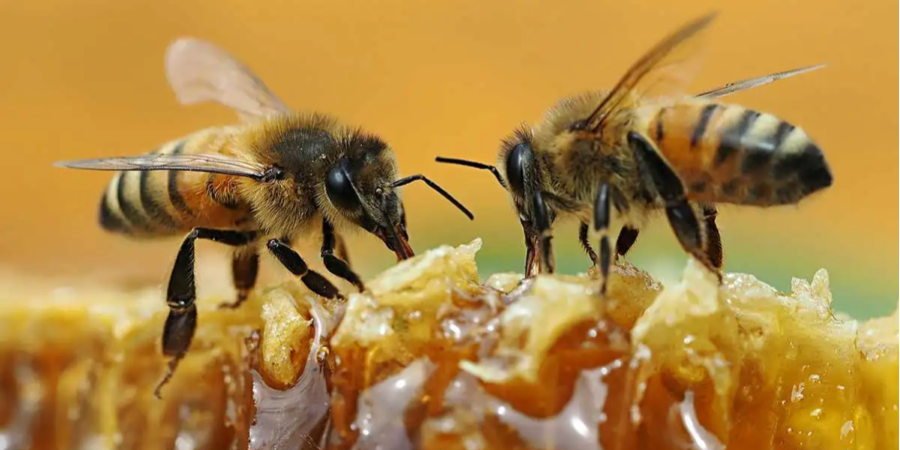THE Solomon Island Honey Cooperative Society has been revived to promote the honey industry in the country, following its collapse during the ethnic tensions of 2000.
This revival follows the election of a new Board last year and the Society’s official registration with the Company Haus under the Ministry of Commerce, Industry, Labour and Immigration.
According to Treasurer Rex Ngegele, the Society was once a very active organisation, operating from its office in Burns Creek, East Honiara.
He said in the past, the New Zealand Government supported the society with the exportation of honey to international markets.
President Rex Ramoeau emphasised the significant potential of honey production in Solomon Islands, saying that the industry is protected under the Bee Industry Act of 1994.
The Act prohibits the importation of foreign honey into the country to prevent the introduction of pests and diseases.
“This provides a valuable opportunity for the Society to develop the local honey industry to serve both domestic and international markets,” Mr Ramoeau said.
He added, “Currently, there is strong demand from New Zealand and Australia. Therefore, we must organise the Society to meet the needs of both markets.”
Mr Ramoeau also pointed out that the Solomon Islands’ tropical climate allows queen bees to lay eggs year-round, unlike in temperate countries where beekeeping is seasonal.
Historically, European honeybees were introduced to Solomon Islands in the 1950s by European settlers, who began keeping them on their plantations. Solomon Islanders soon adopted the practice and by 1985, the first organised beekeepers’ association was formed. The Solomon Island Honey Cooperative Association followed suit in 1989, helping the industry grow steadily.
In 1992, the Ministry of Agriculture and Livestock established a dedicated beekeeping section to support farmers. By 1999, the industry expanded to include over 500 beekeepers managing more than 2,000 hives. These hives produced approximately 75 metric tonnes (75,000 kilograms) of honey annually.
By EDDIE OSIFELO
Solomon Star, Honiara









